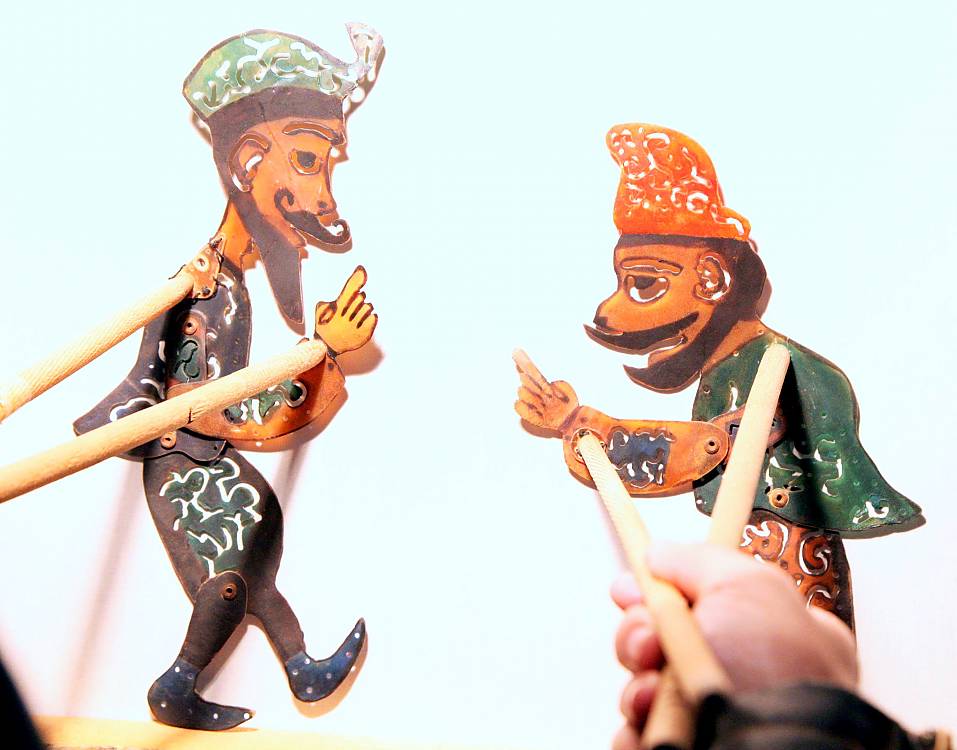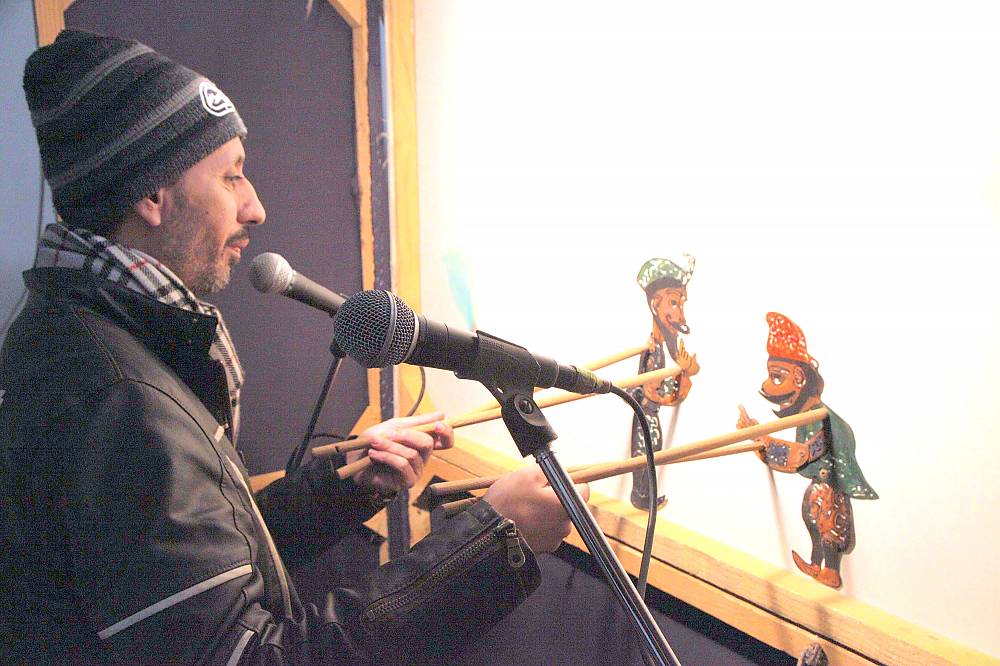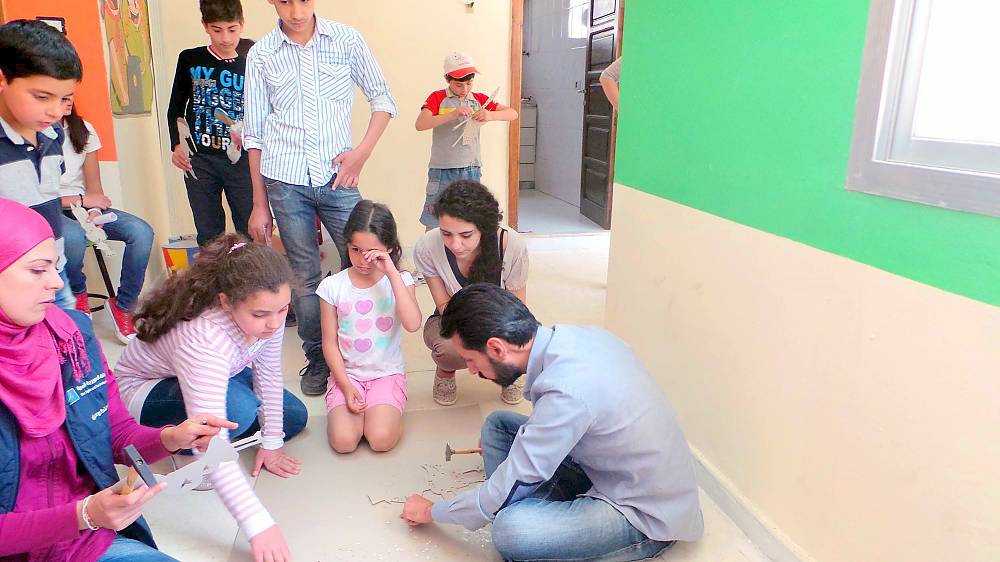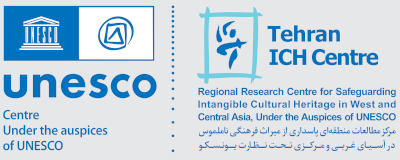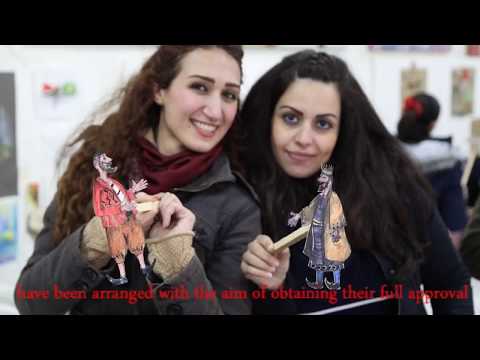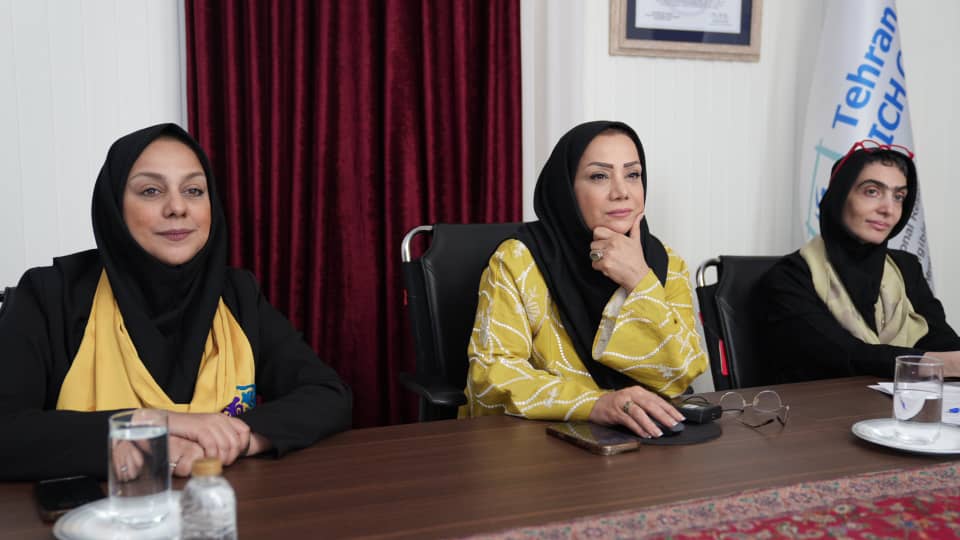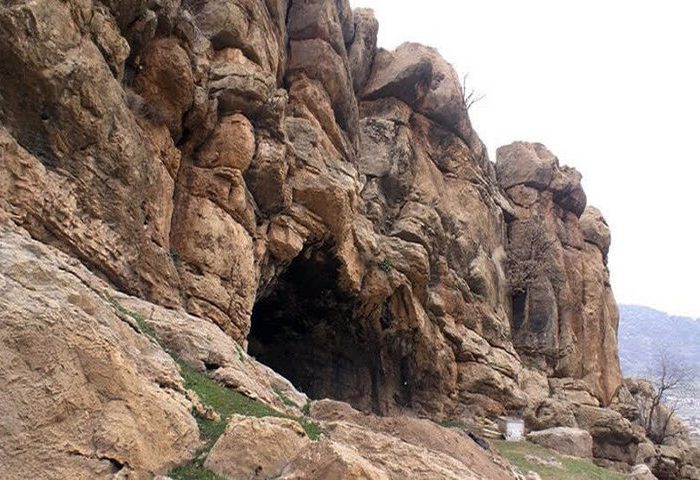Shadow play is a traditional art consisting of handmade puppets moving behind a thin translucent curtain or screen inside a dark theatre, now practised mainly in Damascus. A light from behind the stage projects the shadows of the puppets onto the screen as they move along to an oral script and music. The theatrical content of Shadow play revolves around humorous social criticisms – employing elements of suggestion, poetry, prose, singing and music – and satire is employed to relay narratives between the two main characters, the naïve Karakoz and his clever friend Eiwaz. Other characters include female personalities and talking animals. Performances are traditionally held in popular cafes, where people gather to watch stories about everyday life. The prevalence of Shadow play has declined over the years, however, notably due to the spread of modern technology and digital forms of entertainment, and the mass displacement of Syrian people both inside and outside the country as a result of armed conflicts in Syria. Performances in popular cafes have waned and are now mostly confined to festivals, special holidays and theatres. The confluence of these factors has negatively affected the sustainability of the element, to the point that there is only one active Mukhayel (puppeteer) left in Damascus.
